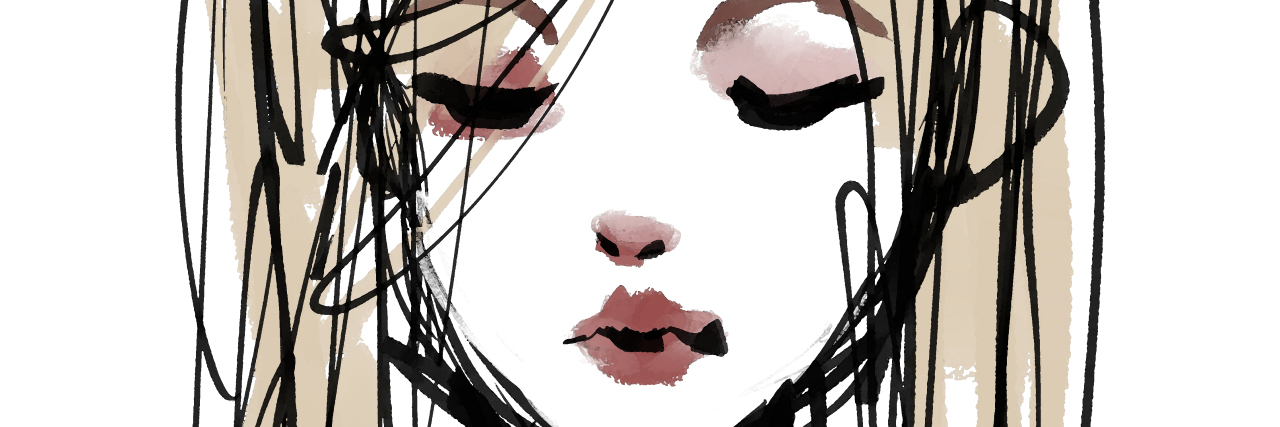I have struggled with self-harm since I was 12 years old. I have been actively trying to stop for about five years now, but haven’t figured out a way to do this. I have had stints of being free from self-harm — my longest being a year and a half. However, these have always ended in a flurry of manic relapse. The better it seems to be going, the harder I seem to fall. Here are the five things that I wish people understood about my relapses when they happen:
1. I’m just as upset about it as you are — probably more.
Contrary to a lot of popular misconception, self-harm is often not done for attention. It is not a pleasant thing to experience and when I fall and relapse it honestly feels like my world has shattered around me. The feeling I crave that leads to the relapse is fleeting and is never worth it. The pain of realizing I’ve gone back to it yet again is often enough to propel the relapse into lasting days, weeks, even months. I did not plan this. And it hurts me to be back here again. Please don’t think this was an easy thing to go back to.
2. This does not mean I am back to my worst place.
Often, my relapses come from a build up of panic and stress and being unable to deal with the situation I am currently in. It does not necessarily mean I am back to my worst place, or I am in dire need of intervention, or I need to have more intensive therapy. Of course, it could be an indicator of those things, but sometimes it’s just a blip and I just need support and patience to get out of it again.
3. I do not want to talk about it.
I understand this is not necessarily the most healthy way of dealing with things, but often when I self-harm, I do not want to talk about it. I will be open that I have done it, I will not lie about that. But I do not want to talk about it, I do not want pitying looks and words of concern. I just want someone to give me a hug and talk about musical theatre or something else that makes me happy. I just want to move on as quickly as possible. I’m not asking you to ignore it, but please don’t make me talk about it. It was hard enough the first time, I don’t want to have to relive it.
4. I will either speak to you a lot more or a lot less, and I’m very sorry for both.
When I relapse and I’m trying to pull myself back from it, I tend to have two responses: retreat or reach for hands. I will either convince myself I can handle this on my own and will completely recede from everybody and everything or I will message you a lot more than usual and probably be incredibly annoying. And I’m very sorry for both at all times. And once I’ve figured myself out, I will go back to normal and act like nothing happened, and all I can really do is hope you’re still there.
5. I am not giving up.
When I relapse, I am going back to the coping mechanism I know best. I am not giving up at all. I’m just resorting to an old way of coping I might not have used in a while. I just needed to cope a little bit harder and I went back to it. But, if anything, I’m trying harder now than I’ve ever tried before. I’m not ready to give up on myself yet — so if you could stick around too, that would mean a lot.
If you or someone you know needs help, visit our suicide prevention resources page.
If you struggle with self-harm and you need support right now, call the crisis hotline at 1-800-273-8255 or text “START” to 741741. For a list of ways to cope with self-harm urges, click here.
We want to hear your story. Become a Mighty contributor here.
Getty image via Archv

